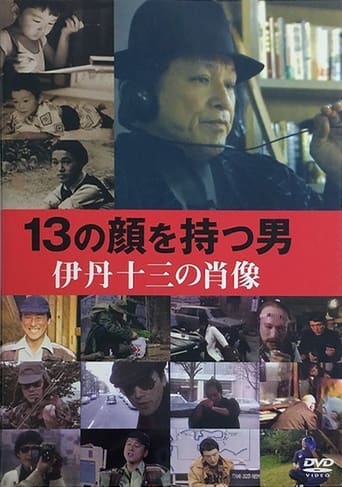
01 Jan 2007

Juzo Itami: The Man with 13 Faces
A documentary about the legendary Japanese filmmaker.
Fran is a passionate kid that loves skateboarding, but seems to have a small concern about reaching a certain age: 'For me, thirteen is when the difficult age begins. It happened to my cousin and my brother. You start to become kind of weird.' Through his passion for skateboarding and his activities, Fran fully experiences a part of life that seems to slip away quickly.
Fran Hornos

01 Jan 2007

A documentary about the legendary Japanese filmmaker.
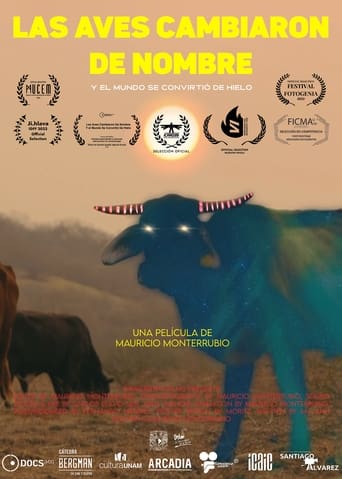
21 Oct 2022

Migrant families experience violence, but they also keep beautiful memories when they arrive in new lands. Fantastic and intimate stories, recalled from childhood, travel across time and space, magically intermingling with the help of the four elements and breaking the boundaries of cinema.
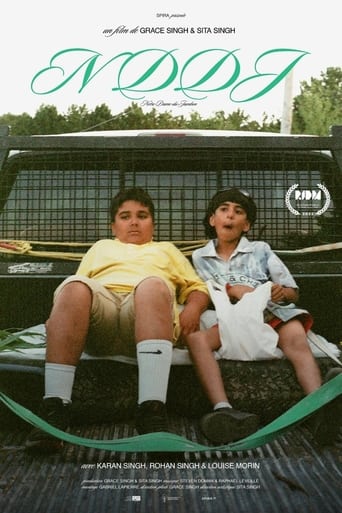
20 Nov 2022

Karan and Rohan, two biracial brothers raised in a marginal environment, are finding ways to get stimulated on a normal summer day. They embark on a trip to buy candies to avoid boredom. This film plays with the sense of boundaries between what is real and what is fiction. It is a film about the love of two brothers and their singular reality in the countryside of Quebec.
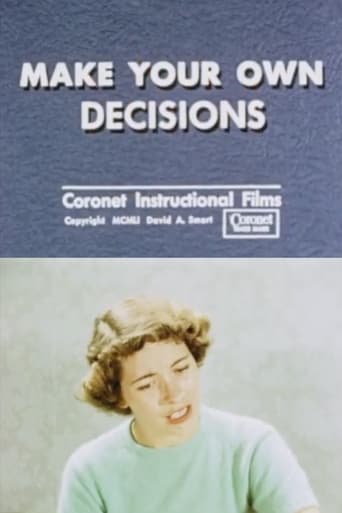
15 Mar 1951

Once you're old enough to make decisions for yourself, how exactly do you go about doing it? How can you really know which choice is best for you?
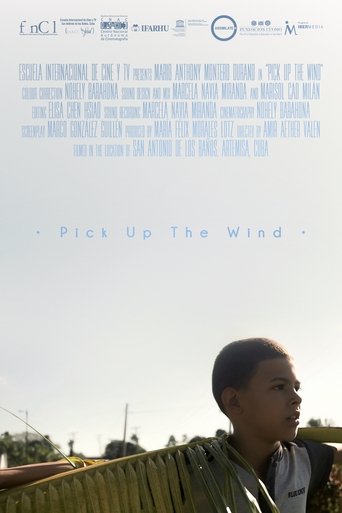
11 Apr 2021

A short film following Anthony, a young child from the small, rural town of San Antonio de los Baños, Cuba. We see him in different moments of his daily life as he interacts with different forms of environmental, familial, and social influences. While Anthony displays contradictory traits of creativity, destruction, rigidity, and tenderness as he interacts with his external and internal worlds, we see a story built from the the multidimensionality of Anthony's layered personality as a young man.
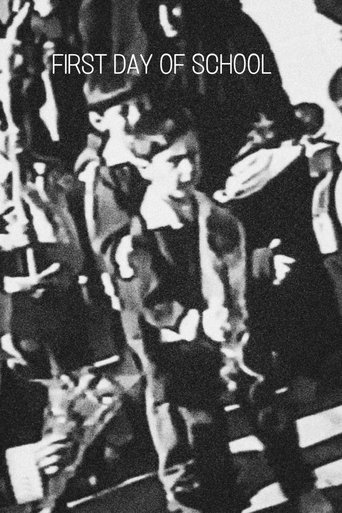
28 Dec 2024

A documentary about an Iranian boy's first day of school. The beginning of hardships and understanding the realities of life, and perhaps unwanted pain and suffering.
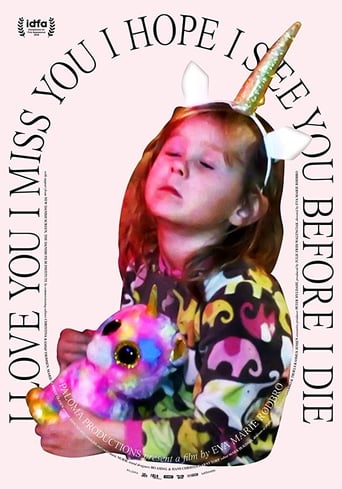
27 Jan 2020

A harsh and dreamy story of a young girl from the American West and her longing heart. Through Betty we experience a tight family clan of children born by children born by children where love and dependency go hand in hand.
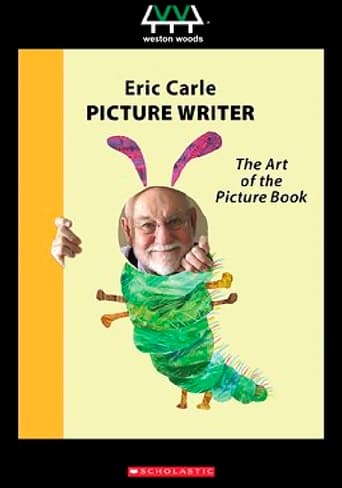
15 Jun 2011

An intimate portrait of Eric Carle, creator of more than 70 books for children including the best-selling "The Very Hungry Caterpillar". At 82, Eric is still at work in his studio making books and creating art. As he methodically layers a tissue paper collage of the caterpillar, he describes the feeling he achieves working in his studio, the sense of being at peace, all alone, when everything grows quiet and it is just himself and his work. The film taps into that deep creative need in each of us, a spirit that started in Eric as a very young child and is unceasing today.
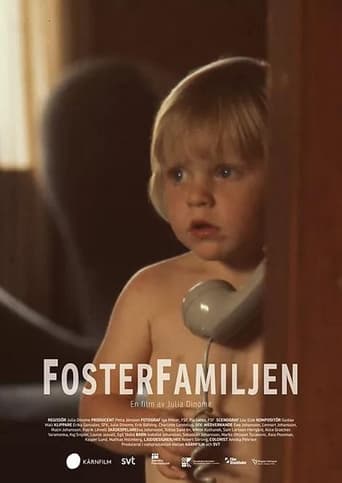
07 Oct 2022

Julia always said that her upbringing as a biological child in a foster family was a happy time. But something is wrong. In The Foster Family, we follow director Julia's journey back in time, where she, together with her parents Ewa and Lennart and the foster child Patrik, recollect the shocking events that changed their lives over thirty years ago. The children are at the center of this strong, touching and warm documentary about a system where you can love, but not too much.
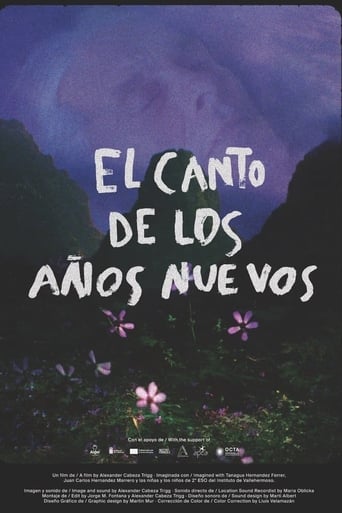
08 Apr 2024

On the island of La Gomera, children imagine stories while they examine archeological remains. An ethno-fictional journey in which past and present coalesce, creating resonances between the volcanic landscape and Silbo, the whistled language of the island.
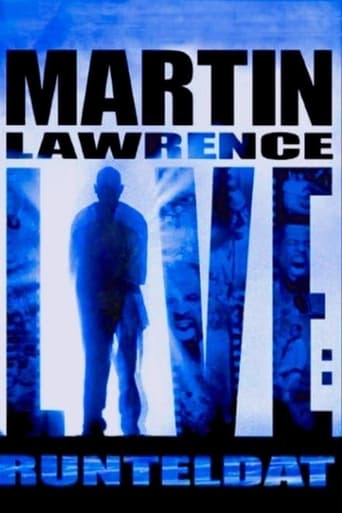
02 Aug 2002

The controversial bad-boy of comedy delivers a piercing look at his life, lifting the metaphorical smokescreen that he feels has clouded the public view, commenting on everything from the dangers of smoking to the trials of relationships, and unleashing a nonstop litany of raucous anecdotes, stinging social commentary and very personal reflections about life.
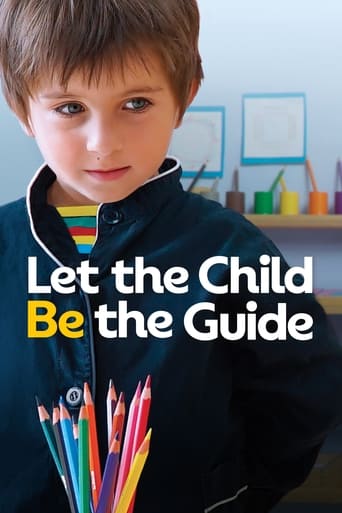
27 Sep 2017

As a young father, watching his daughter go through her life experiences, film director Alexandre Mourot discovered the Montessori approach and decided to set his camera up in a children's house (3 to 6 years of age) in the oldest Montessori school in France. Alexandre was warmly welcomed in a surprisingly calm and peaceful environment, filled with flowers, fruits and Montessori materials. He met happy children, who were free to move about, working alone or in small groups. The teacher remained very discreet. Some children were reading, others were making bread, doing division, laughing or sleeping. The children guided the film director throughout the whole school year, helping him to understand the magic of their autonomy and self-esteem - the seeds of a new society of peace and freedom, which Maria Montessori dedicated her life work to.
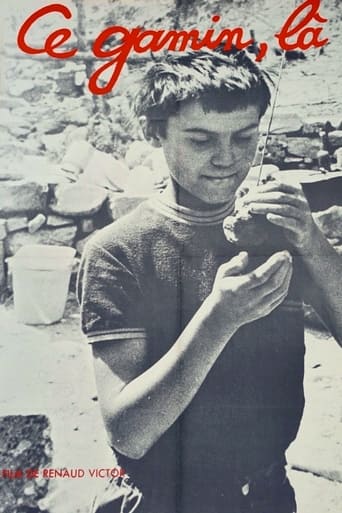
21 Jan 1976

A group of educators led by Fernand Deligny are working to create contact with autistic children in a hamlet of the Cevennes.

25 Sep 2020

7-year-old Sasha has always known that she is a girl. Sasha’s family has recently accepted her gender identity, embracing their daughter for who she truly is while working to confront outdated norms and find affirmation in a small community of rural France.
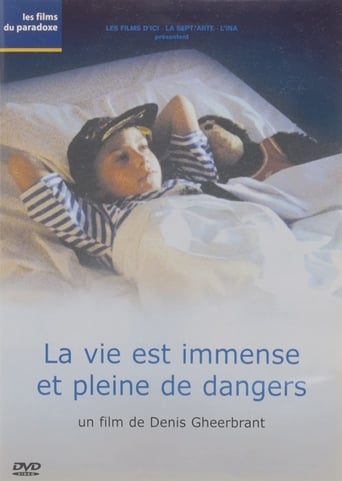
22 Feb 1995

Cédric is a child like millions of others. The only difference is that the little boy is seriously ill and must spend six months in a hospital. Fortunately, the medical staff are well aware that Cédric, like other kids named Steve or Dolores, must - above all else - live his child's life.

29 Jun 2018

For more than thirty years, and through his television program, Fred Rogers (1928-2003), host, producer, writer and pianist, accompanied by his puppets and his many friends, spoke directly to young children about some of life's most important issues.
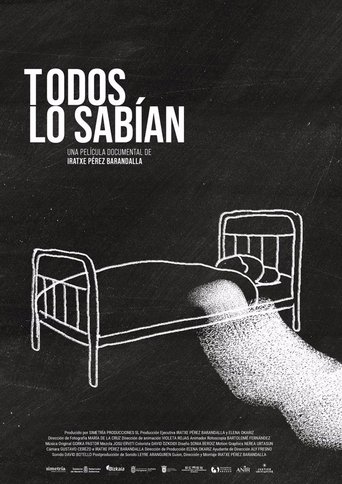
14 Mar 2025

In 2023, the Ombudsman presented a report on sexual abuse in the Church in Spain. Victims' accounts reached the European Parliament. Among them were the abuse suffered by two brothers at the boarding school where they attended as children.
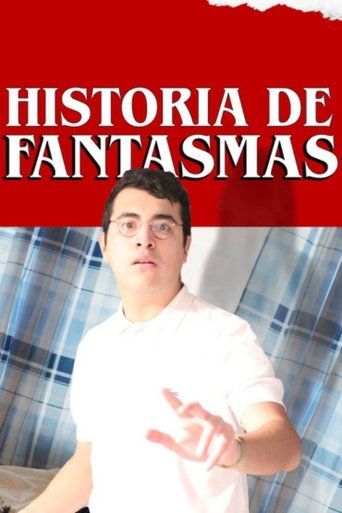
26 Mar 2026

Everyone in town knows Simón's story, because like a rumor or an urban legend, it has been spreading among its inhabitants, the few who believe him and those who question everything about his story... But Simón will clear up doubts, recounting what happened during those supernatural events...
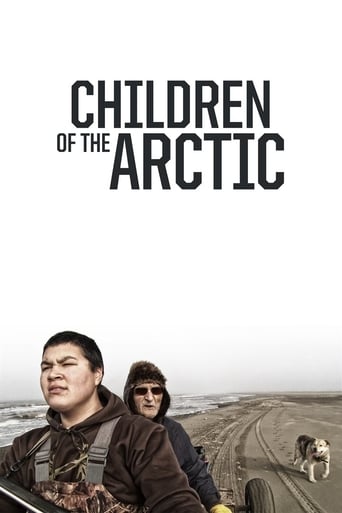
26 Sep 2014

Children of the Arctic is a portrait of five Native Alaskan teenagers growing up in Barrow - the northernmost community in the United States. As their climate and culture undergo profound changes, they strive to balance being modern American kids and the inheritors of an endangered way of life.
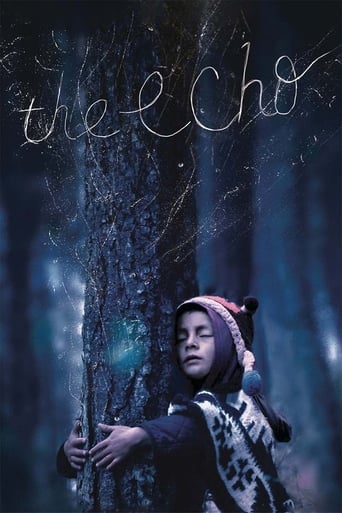
20 Feb 2024

In the remote village of El Echo that exists outside of time, the children care for the sheep and their elders. While the frost and drought punish the land, they learn to understand death, illness and love with each act, word and silence of their parents. A story about the echo of what clings to the soul, about the certainty of shelter provided by those around us, about rebellion and vertigo in the face of life. About growing up.